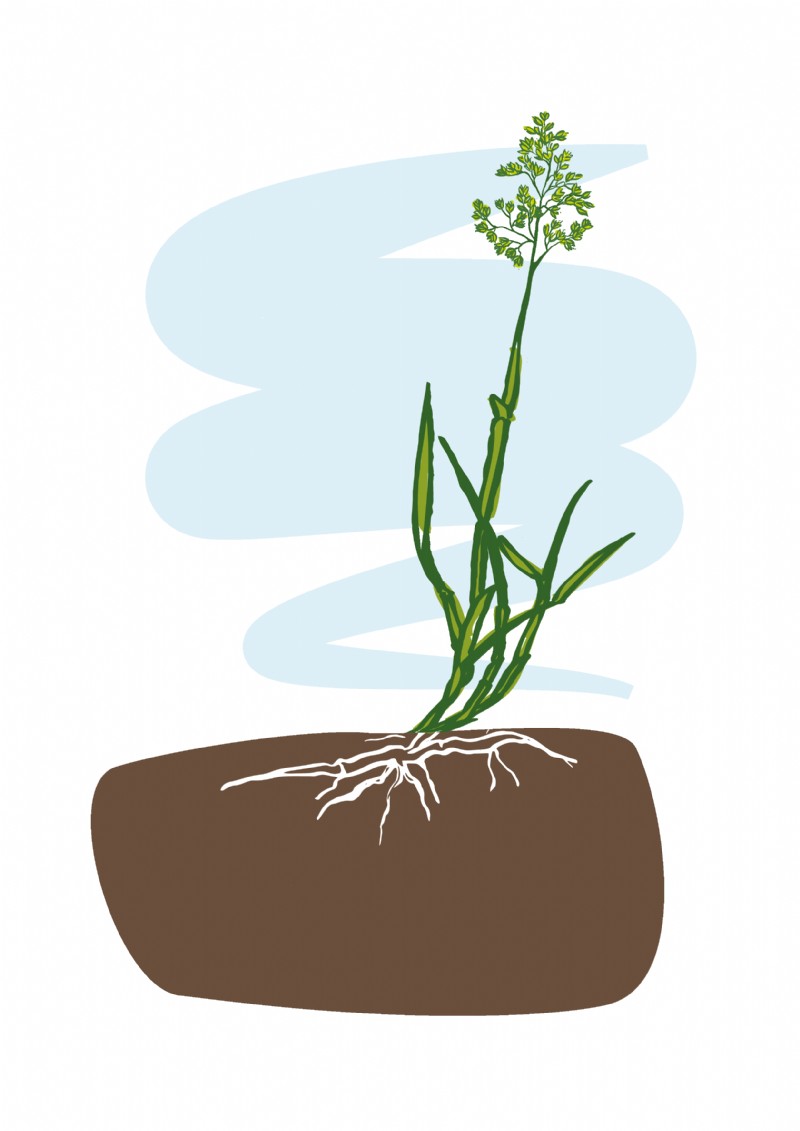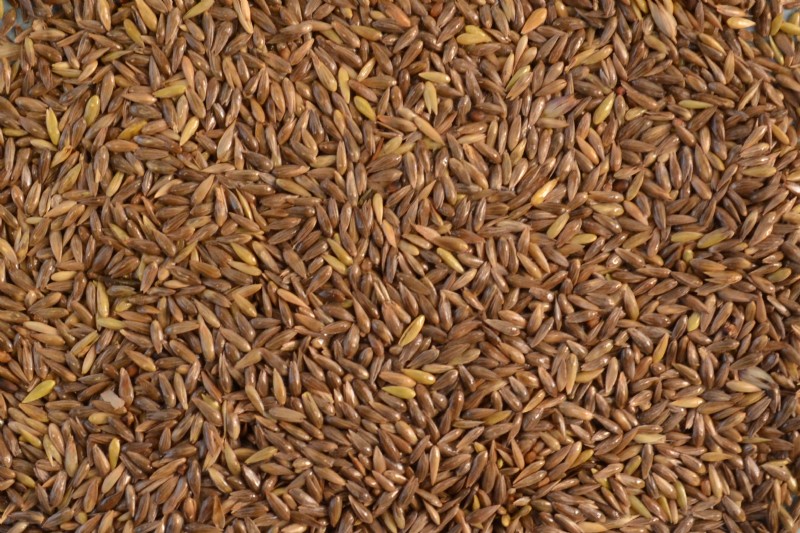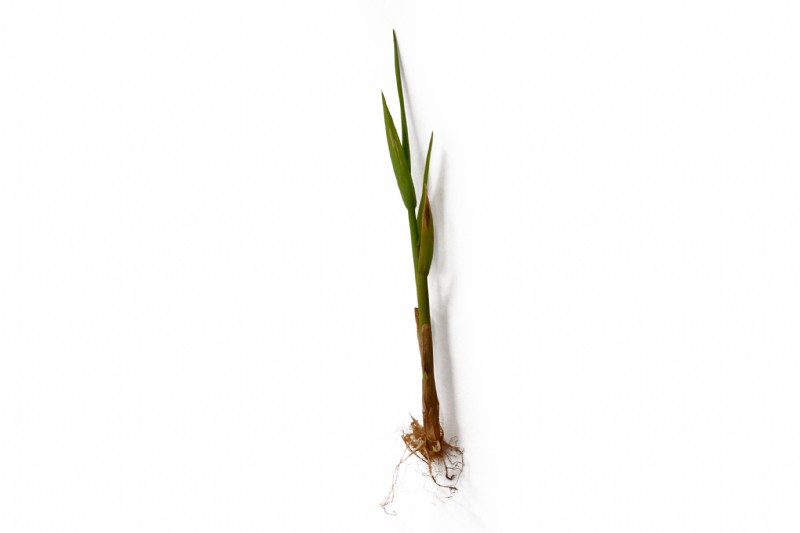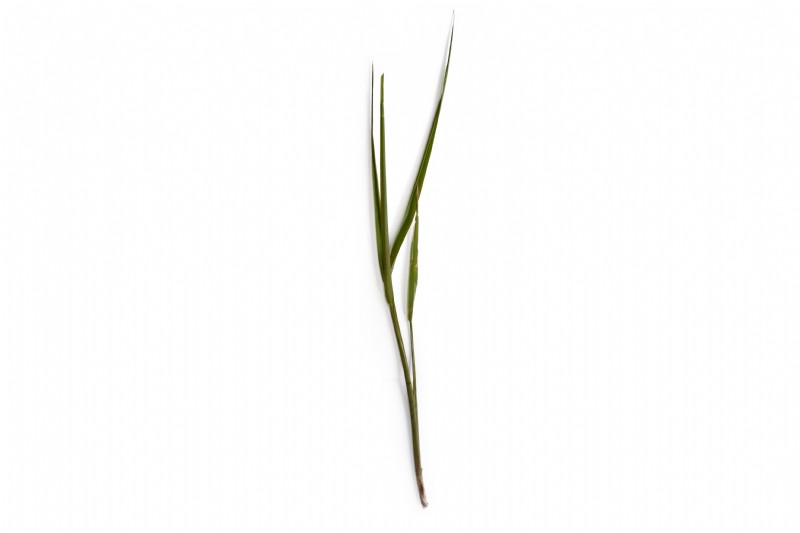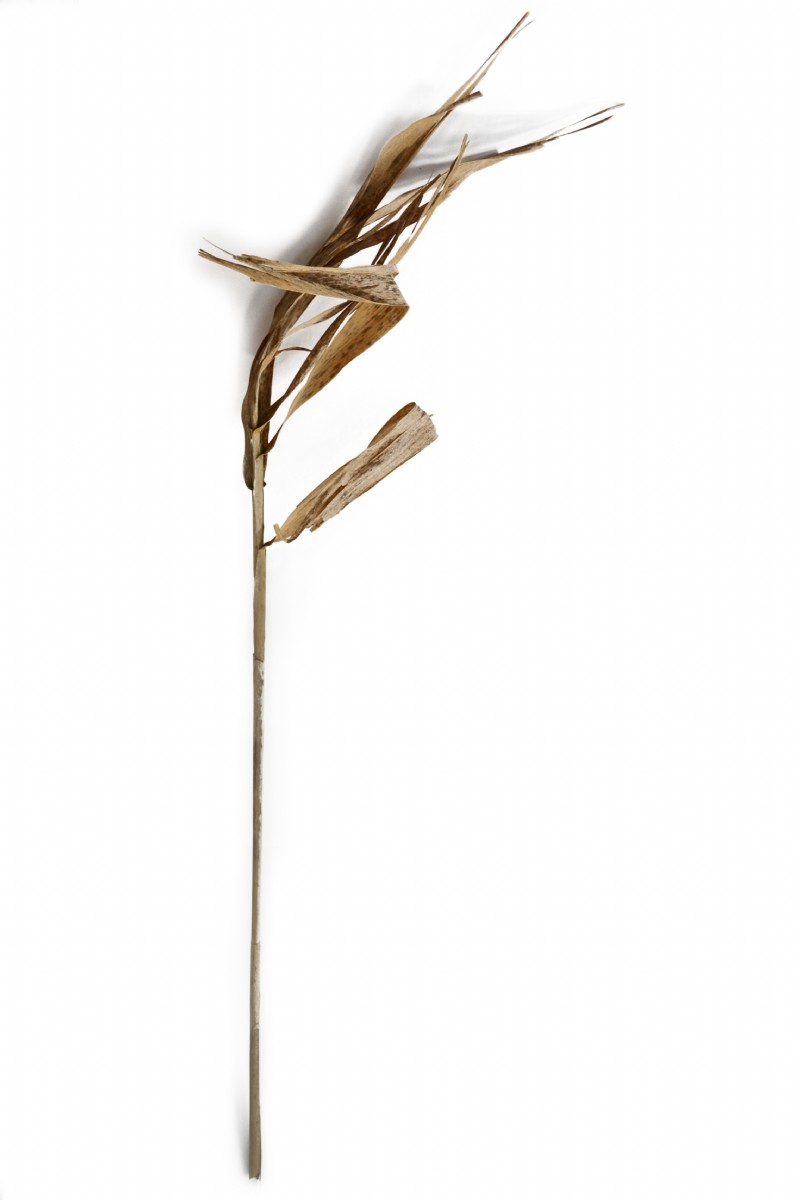Reed Canary Grass
This is a perennial grass species, with creeping roots (Rhizomes). In some parts of the world such as America and Canada, the species may be grown for livestock forage. In the UK reed canary grass is generally used to provide cover for farmland birds or game cover.
Uses
In the UK it is used to provide cover for wildlife and game birds. It may also be used to stabilise the banks of ponds and other watercourses.
Persistence
This perennial species can last for 7 years or more.
Strengths
It will grow in a range of soil types and survives in cold climates, due to its good frost tolerance. It is also longer lasting than canary grass.
Frost Tolerance
Good
Sowing Rate Advice
3kg per acre / 7.5kg per ha
Drill in wide rows (60-90cm) to stop cover becoming overly thick.
Mixture Sowing Rate Advice
Usually sown as a pure stand
Ideal Sowing Time
Start sowing in spring from mid April to May.
Management
When used for game cover, it is often cut annually to stop the cover becoming too dense.
Distinguishing characteristics
Seed
A small oblong shaped, seed which is a shiny brown colour. It is approximately 2 - 2.5mm in length.
Flowering Plant
This is a stout, upright plant, with a green to whitish green colour.
The leaves are smooth and hairless, with prominent membranous ligules and wide leaf blades, the surface maybe rough.
The panicles are densely packed, but as it matures they become looser.
Its roots form rhizomes which have a creeping habit.
It can reach a height of 2 metres.
Additional Info
Flowers from June - August. Average seeds per kg - 133,000. Notably slow to establish in the first year, a short-term cover crop may be used to give cover in the first season. Ornamental forms are often seen in gardens, with noticeable green and white striped leaves.
Works well with
A short term annual species like Mustard can be broadcast directly after sowing and rolled together, or a cereal like Wheat / Barley can be drilled before sowing the Canary seed, to give more cover in year 1. Seed rates for nurse cover species should be low.History
Native to the UK


